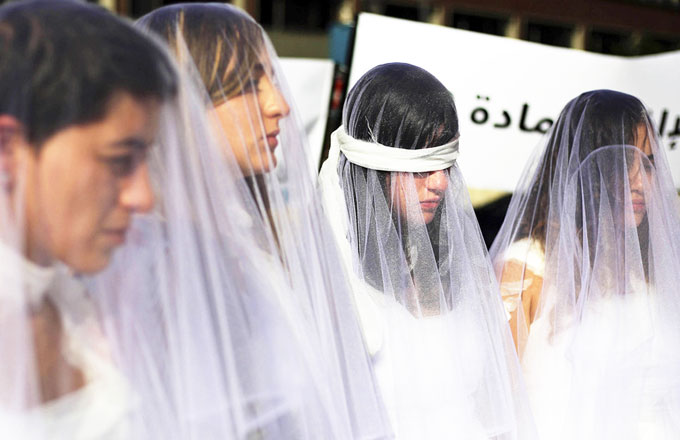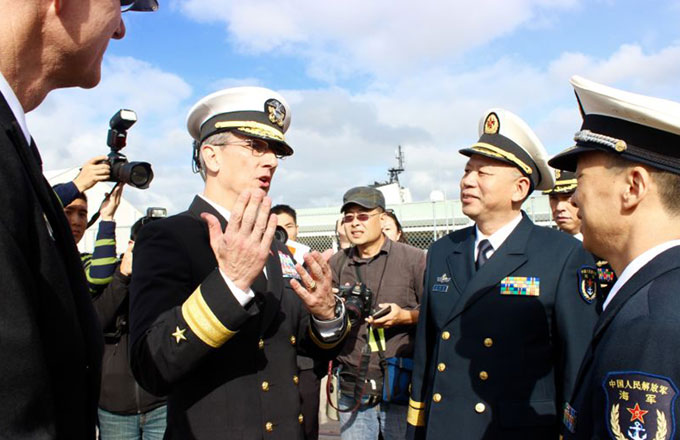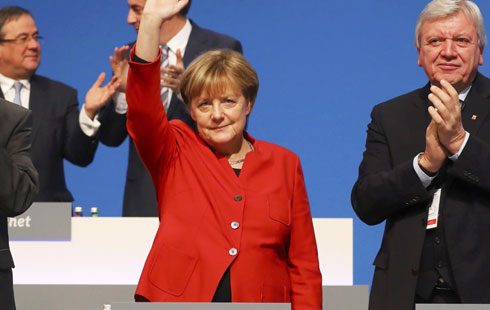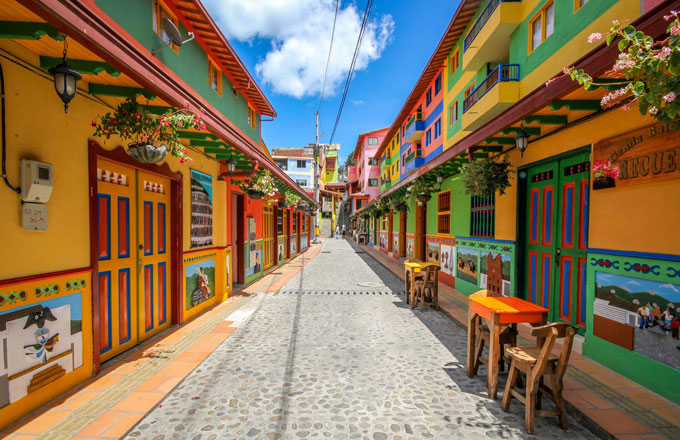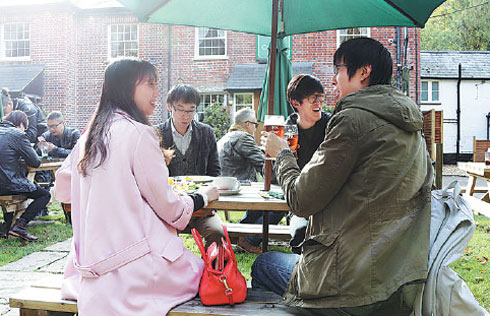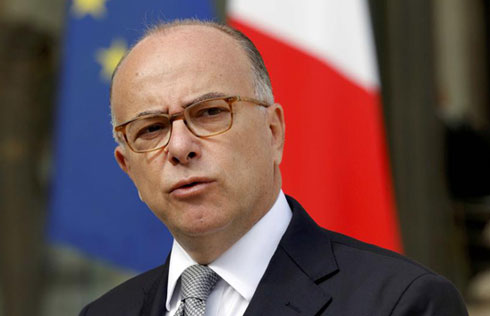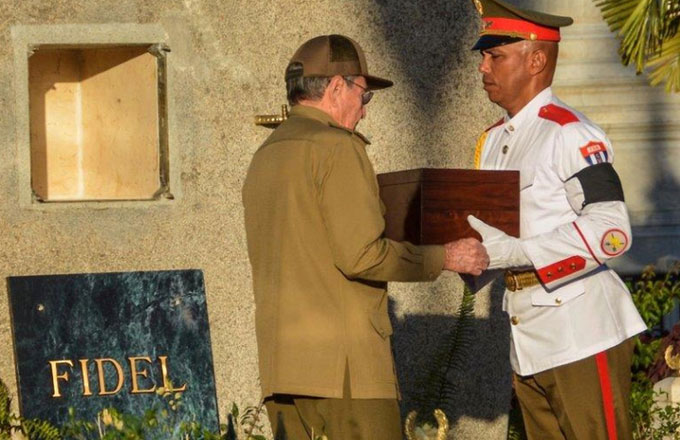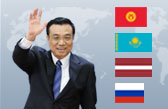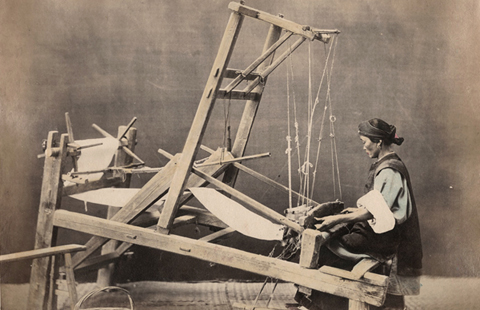Castro to stand down in 2018
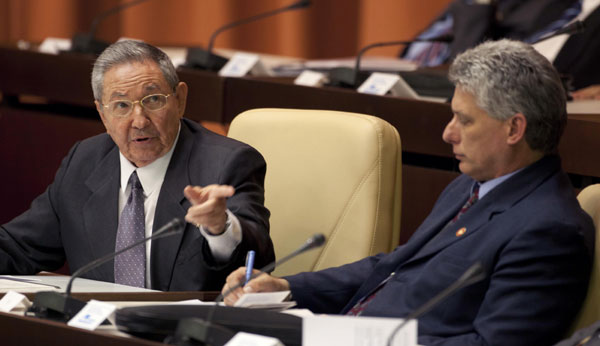 |
|
Cuba's new First Vice-President Miguel Diaz-Canel (right), listens to Cuban President Raul Castro during the closing session of the National Assembly in Havana, on Sunday. Castro accepted a new five-year term that he said will be his last as president, and tapped Diaz-Canel, 52, to be his successor. [Photo/Agencies] |
Rising star named as Raul's likely successor as president.
Cuban President Raul Castro announced he will step down after his second term ends in 2018, with the new parliament naming a 52-year-old rising star to become his first vice-president and most visible successor.
"This will be my last term," Castro, 81, said shortly after the National Assembly elected him to a second five-year tenure.
In a surprise move, the new parliament also named Miguel Diaz-Canel as first vice-president, meaning he would take over if Castro cannot serve his full term.
Diaz-Canel is a member of the political bureau who rose through the ruling party's ranks in the provinces to become the most visible possible successor to Castro.
Castro starts his second term immediately, leaving him free to retire in 2018, aged 86.
Former president Fidel Castro joined the National Assembly meeting on Sunday, in a rare public appearance. Since falling ill in 2006 and ceding the presidency to his brother, the elder Castro, 86, has given up official positions except as a deputy to the National Assembly.
The new government will almost certainly be the last headed by the Castro brothers and their generation of leaders who have ruled Cuba since they swept down from the mountains in the 1959 revolution.
Cubans and foreign governments were keenly watching whether any new, younger faces appeared among the Council of State members, in particular its first vice-president and five vice-presidents.
Their hopes were partially fulfilled with Diaz-Canel's ascension. He replaces former first vice-president, Jose Machado Ventura, 82, who will continue as one of five vice-presidents.
Commander of the Revolution Ramiro Valdes, 80, and Gladys Bejerano, 66, the comptroller general, were also re-elected as vice-presidents.
Two other newcomers, Mercedes Lopez Acea, 48, first secretary of the Havana communist party, and Salvador Valdes Mesa, 64, head of the labor federation, also earned vice-presidential slots.
Esteban Lazo, a 68-year-old former vice-president and member of the political bureau of the Communist Party, left his post upon being named president of the National Assembly on Sunday. He replaced Ricardo Alarcon, who served in the job for 20 years.
Six of the council's top seven members sit on the party's political bureau, which is also led by Raul Castro.
The National Assembly meets for just a few weeks each year and delegates its legislative powers between sessions to the 31-member Council of State, which also functions as the executive through the Council of Ministers it appoints.
Eighty percent of the 612 deputies, who were elected in an uncontested vote on Feb 3, were born after the revolution.
Promotion efforts
Raul Castro, who officially replaced his ailing brother as president in 2008, has repeatedly said senior leaders should hold office for no more than two five-year terms.
"Although we kept on trying to promote young people to senior positions, life proved that we did not always make the best choice," Castro said at a Communist Party Congress in 2011.
"Today, we are faced with the consequences of not having a reserve of well-trained replacements. ... It's really embarrassing that we have not solved this problem in more than half a century."
Speaking on Sunday, Castro hailed the composition of the new Council of State as an example of what he had said needed to be accomplished.
"Of the 31 members, 41.9 percent are women and 38.6 percent are black or of mixed race. The average age is 57 years and 61.3 percent were born after the triumph of the revolution," he said.
The 2011 party congress adopted a more than 300-point plan aimed at updating the Cuban economic system, designed to transform it from one based on collective production and consumption to one where individual effort and reward play a far more important role.
Across-the-board subsidies are being replaced by a comprehensive tax code and targeted welfare.
Raul Castro has encouraged small businesses and cooperatives in retail services, farming, minor manufacturing and retail, and given more autonomy to state companies, which still dominate the economy.
The party plan also includes an opening to more foreign investment.






